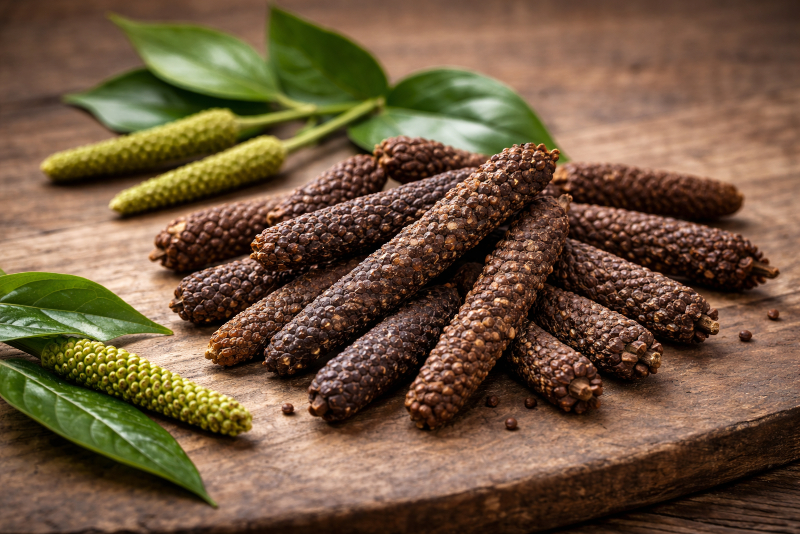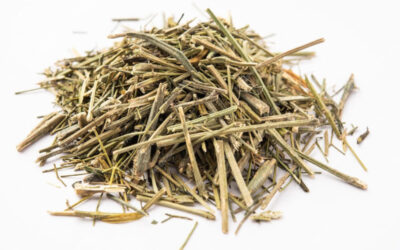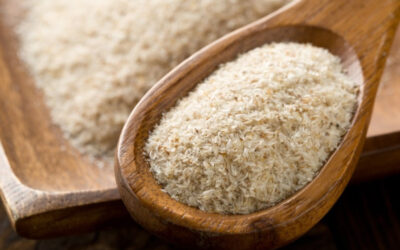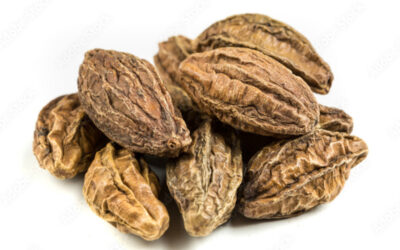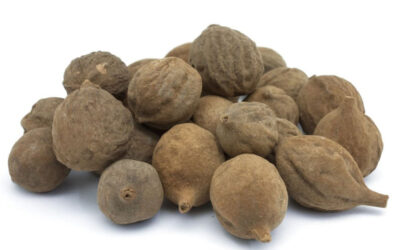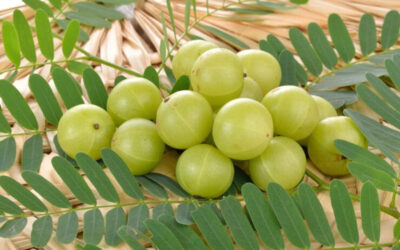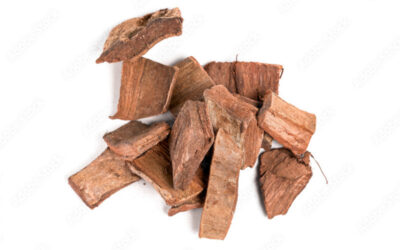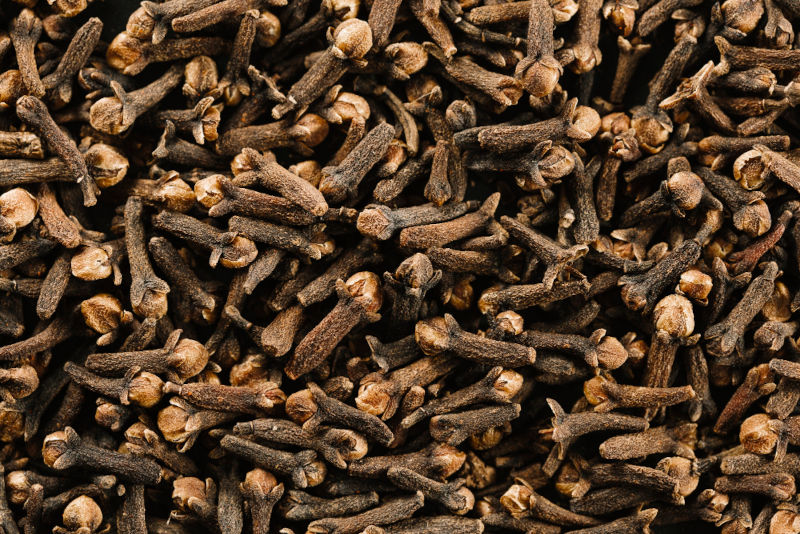
Available in 5 and 25 Kg packs
Product Details
Origin : Clove
Production : India is the largest producer of clove in the world.
Name : Clove, Generic Name : Syzyigium aromaticum
Nomenclature: In botanical terms, the spice known as clove belongs to the Myrtaceae family, falls within the genus Syzygium, and is scientifically labeled as Syzygium aromaticum.
Brief History :
As early as 200 BCE, envoys from Java to the Han-dynasty court of China brought cloves that were customarily held in the mouth to perfume the breath during audiences with the emperor. During the late Middle Ages, cloves were used in Europe to preserve, flavour, and garnish food. Clove cultivation was almost entirely confined to Indonesia, and in the early 17th century the Dutch eradicated cloves on all islands except Amboina and Ternate in order to create scarcity and sustain high prices. In the latter half of the 18th century the French smuggled cloves from the East Indies to Indian Ocean islands and the New World, breaking the Dutch monopoly.
Physical Properties :
The clove tree is about 25 to 40 feet in height. Its gland-dotted leaves are small, simple, and opposite. A tree may annually yield up to 34 kg (75 pounds) of dried buds. The buds are hand-picked then sun-dried. Cloves vary in length from about 13 to 19 mm. Structurally, each bud consists of a long calyx, terminating into four spreading sepals and four unopened petals. These closed petals develop into a small ball (dome) at the top. The buds contain 14 to 20 percent essential oil.
Cloves are strongly pungent owing to eugenol, which is extracted by distillation to yield oil of cloves. This oil is used to prepare microscopic slides for viewing and is also a local anesthetic for toothaches. Eugenol is used in germicides, perfumes, and mouthwashes, in the synthesis of vanillin, and as a sweeteneror intensifier.
Medicinal Properties :
Gingerol and gingerol-related compounds have following biological activity.
Antioxidant, anti-cancerous, and antimicrobial properties
Anti-inflammatory, anti-cancerous activity
Anti-tumour activity via induction of apoptosis and modulation of genetic activity
Anti-analgesic activity
Anti-proliferation activity
Regulation of inflammatory genes
Hepatoprotective activity
Nutritional Value : 100 g of Clove contains 47 Kcal
Ingredients: Carbohydrates 10.51 g, Protein 3.27 g, Total Fat 0.15 g, Cholesterol 0 mg, Dietary Fiber 5.4 g, Niacin 1.046 mg, Vitamin A 13 IU, Vitamin C 11.7 mg, Vitamin E 0.19 mg, Vitamin K 14.8 µg, Sodium 94 mg, Potassium 370 mg, Calcium 44 mg, Copper 0.231 mg, Iron 1.28 mg, Magnesium 60 mg, Manganese 0.256 mg, Phosphorus 90 mg, Zinc 2.32 mg.
Data source: USDA Agricultural Research Service
Uses:
Medicinal uses
The essential oil, eugenol is in therapeutic use in dentistry as a local anesthetic and antiseptic for teeth and gum. Eugenol also has been found to reduce blood sugar levels in diabetics, natural anti-parasite (kills intestinal worms) function.
The essential volatile oils increasing the flow of blood to make the skin feel warmer, a popular home remedy for arthritis and sore muscles, used either as a poultice or in hot baths. Clove oil is also used in aromatherapy.
Culinary uses
- Used in Asian and Chinese cuisine since ancient times. For fragrance and flavour along with pepper, turmeric, ginger, etc.
- Used in the preparation of biriyani, soups, barbecue sauces, pickling, and as one of the ingredients in curry powders.
